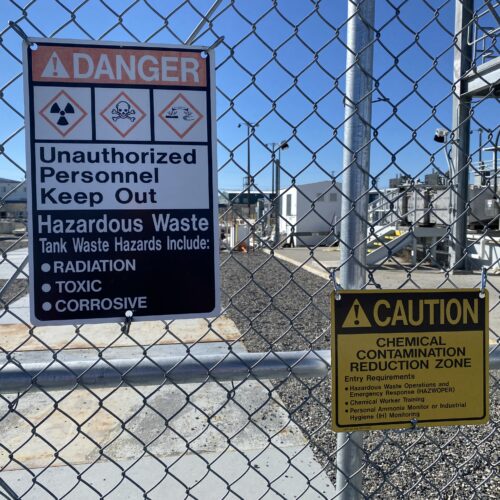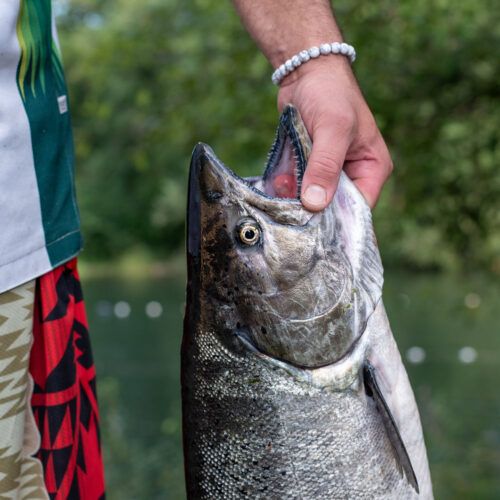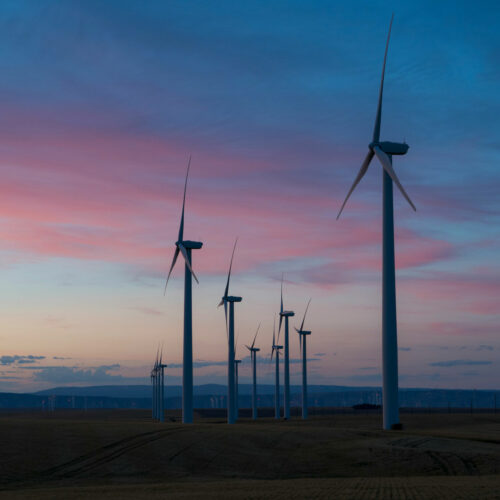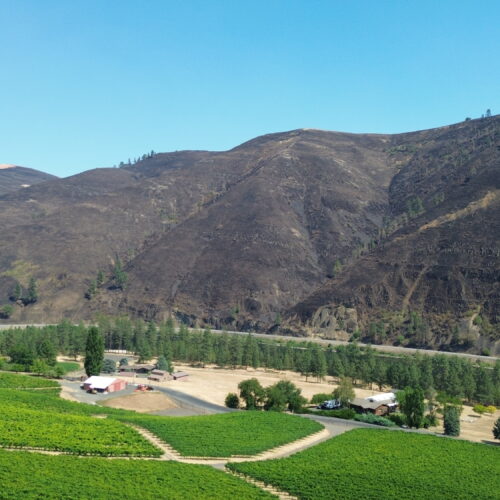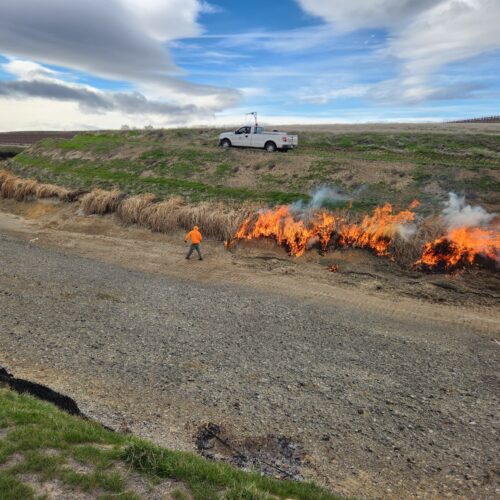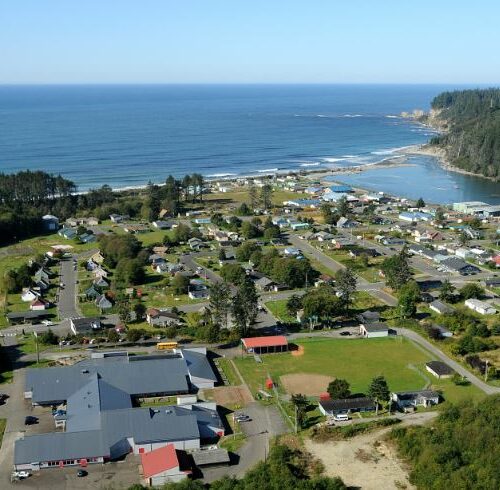Environment
Environment

Western Members Of Congress Call For Investigation Into Slashed Spotted Owl Protections By Interior
Oregon Sens. Ron Wyden and Sen. Jeff Merkley and U.S. Rep. Earl Blumenauer joined with colleagues from Washington, California and Arizona Tuesday in sending a letter to the U.S. Department of Interior. In it, they requested an immediate federal review into the previous administration’s decision to remove 3.4 million acres of the Northern spotted owl’s critical habitat in Oregon, Washington and California.
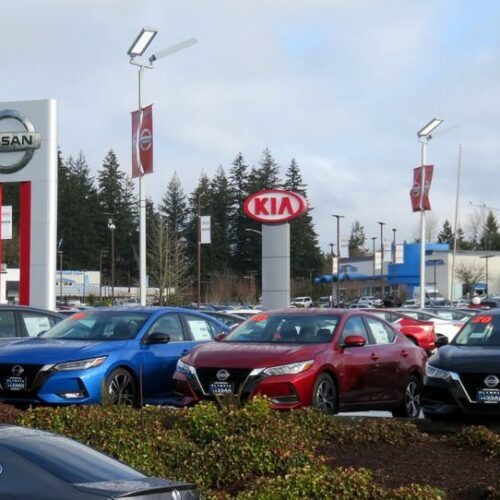
Washington Lawmakers Consider Shifting All New Car Sales To Electric Only By 2030
You may be used to hearing a pushy car salesperson ask the timeless question, “What can I do to get you in this car?” But one big thing could be different in Washington state a decade from now. Proposals introduced this winter in the Washington Legislature would end sales of new gasoline-powered cars in the state by 2030.

Bye-Bye, Gas Heat? Proposals For Washington Seek To Phase Out Fossil Fuel Heating In Buildings
A long goodbye to natural gas furnaces and water heating — and possibly other gas appliances — could begin with action by the Washington Legislature this winter. Separately, the Seattle City Council this week begins consideration of a similar proposal to eliminate fossil fuel-based heating in new commercial buildings.
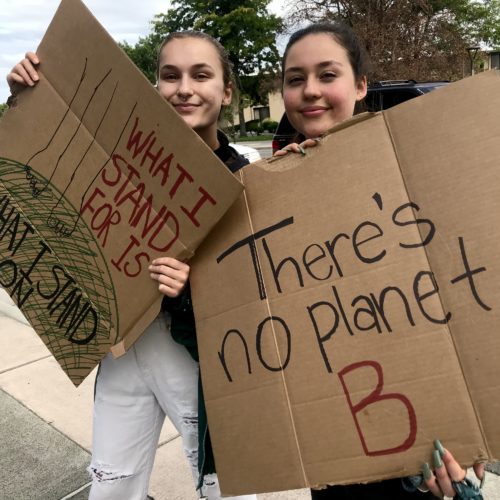
In One Of His First Acts, President Biden Moves To Have U.S. Join Paris Climate Agreement
The U.S. officially withdrew from the accord to limit climate-warming greenhouse gas emissions late last year, after President Donald Trump began the process in 2017. It is the only country of the nearly 200 signatories that has withdrawn. Biden vowed to sign on Inauguration Day the documents needed to rejoin the agreement.
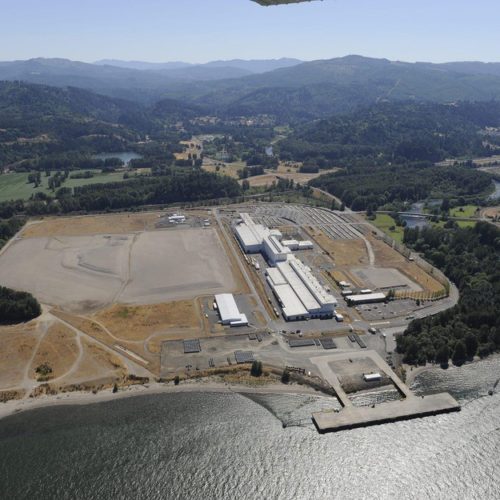
Washington State Regulators Deny Key Permit To Kalama Methanol Refinery
The Washington Department of Ecology defended its denial by saying the refinery, which would convert fracked natural gas into methanol to be shipped to Asia, would emit vast amounts of greenhouse gases. If built, it would be among the top 10 greenhouse gas emitters in the state.
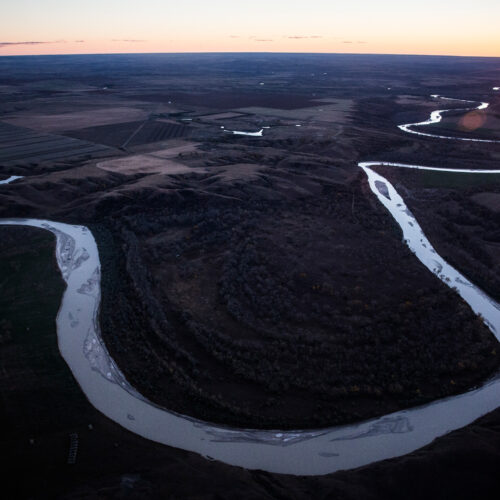
Order From President Biden Blocks Keystone XL Pipeline
As part of his ambitious plan to address climate change, President Biden is revoking a key, cross-border presidential permit needed to finish the controversial Keystone XL pipeline
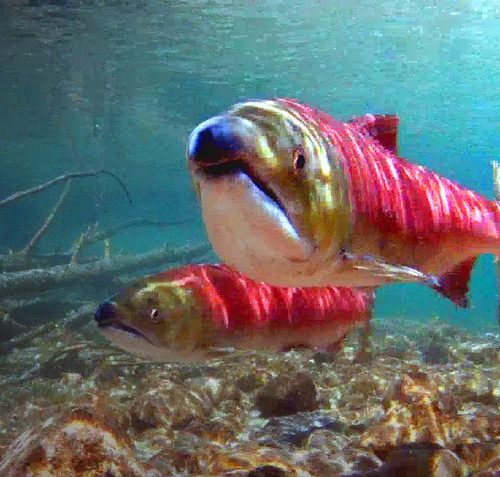
Report Lays Out Bleak Picture For Northwest Salmon ‘Teetering On The Brink Of Extinction’
Washington’s salmon are “teetering on the brink of extinction,” according to a new report. It says the state must change how it’s responding to climate change and the growing number of people in Washington.
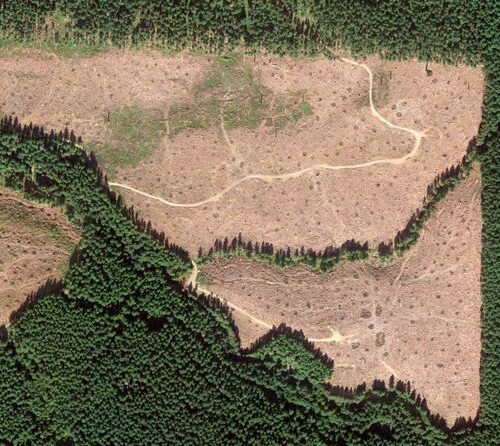
Timber Tax Cuts Cost Rural Northwest Towns Billions. Polluted Water Drove Up The Price
In rainy Oregon, communities tap a network of streams and creeks to supply millions of residents with cold, clean water. The problem is that the land surrounding drinking water streams is, in many cases, owned not by the towns or the residents who drink the water, but by private timber companies that are now logging more intensively than ever, cutting trees on a more rapid cycle and spraying herbicides to kill other plants that compete with replanted seedlings for sunlight.
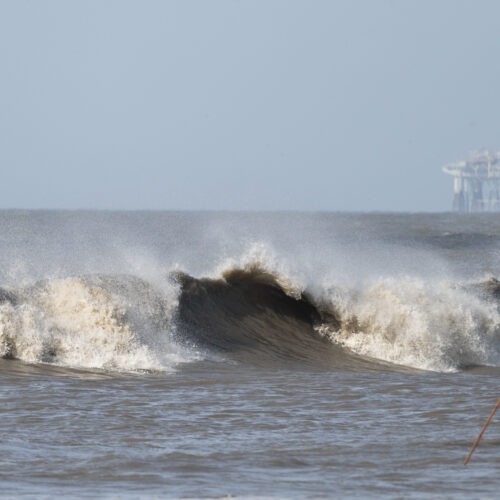
It Wasn’t Just The Pandemic: Oil’s Terrible, No Good, Very Bad Year
Set aside the pandemic. Ignore the collapse in demand. Forget about the time oil prices went negative. Look at everything else that happened this year, and — Well. Oil still had a pretty terrible year.

After Decades-Long Push, It’s Not Clear Who Will Bid In Arctic Refuge Oil Lease Sale
Just two weeks before President-elect Joe Biden takes office, the Trump administration is trying to lock-in oil and gas drilling in Alaska’s Arctic National Wildlife Refuge with a hastily scheduled and controversial lease sale. But despite the high stakes, uncertainty looms over how much oil is actually trapped under the million acres of tundra up for leasing, and how much industry interest there is to go find it.
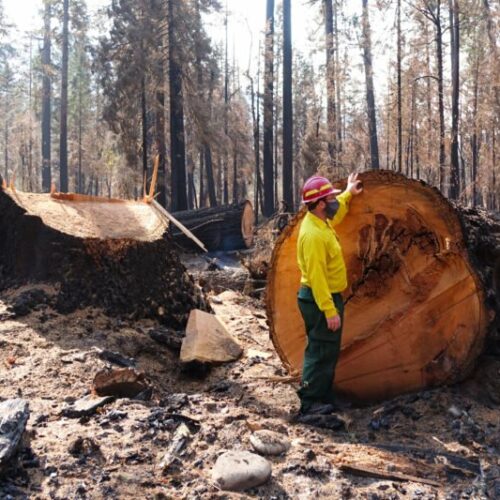
Despite What The Logging Industry Says, Cutting Down Trees Isn’t Stopping Catastrophic Wildfires
In the decades since government restrictions reduced logging on federal lands, the timber industry has promoted the idea that private lands are less prone to wildfires, saying that forests thick with trees fuel bigger, more destructive blazes. But an analysis by OPB and ProPublica shows last month’s fires burned as intensely on private forests with large-scale logging operations as they did, on average, on federal lands that cut fewer trees.
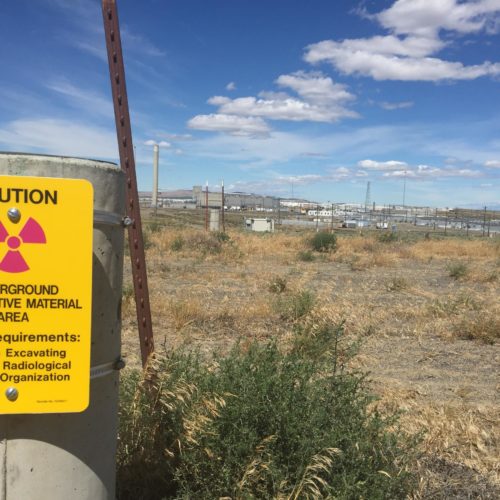
Aging Tanks, Aging Watchdogs: Lots To Work On For Washington’s New Waste Program Manager
David Bowen has owned his own bar in Cle Elum, been a Kittitas County commissioner and managed groundwater nitrate cleanup in the Yakima Valley. Now, he’ll hold the U.S. Department of Energy accountable for its cleanup at the site using the Tri-Party Agreement. That’s a 1989 document struck between Ecology, the federal Department of Energy and the U.S. Environmental Protection Agency.

